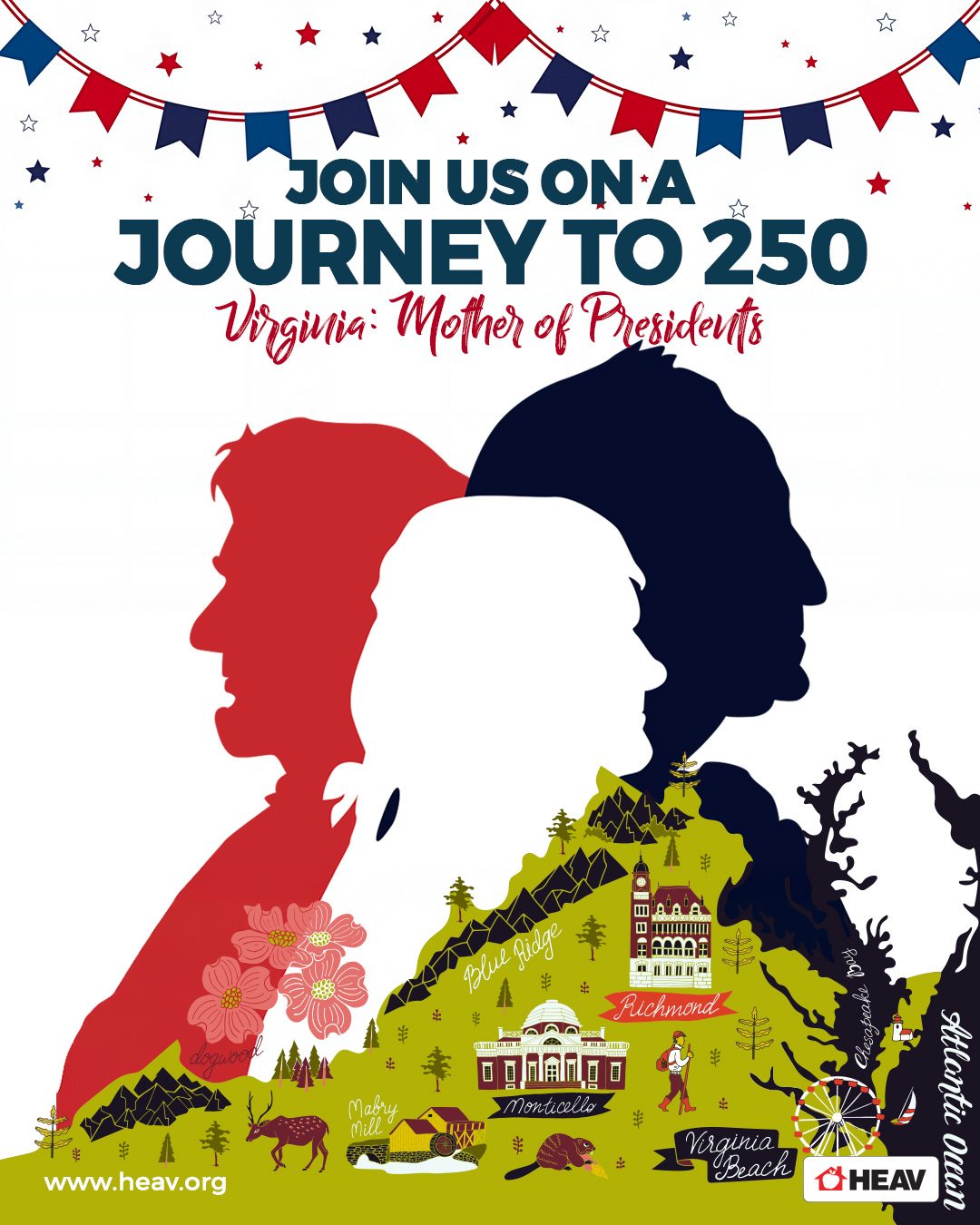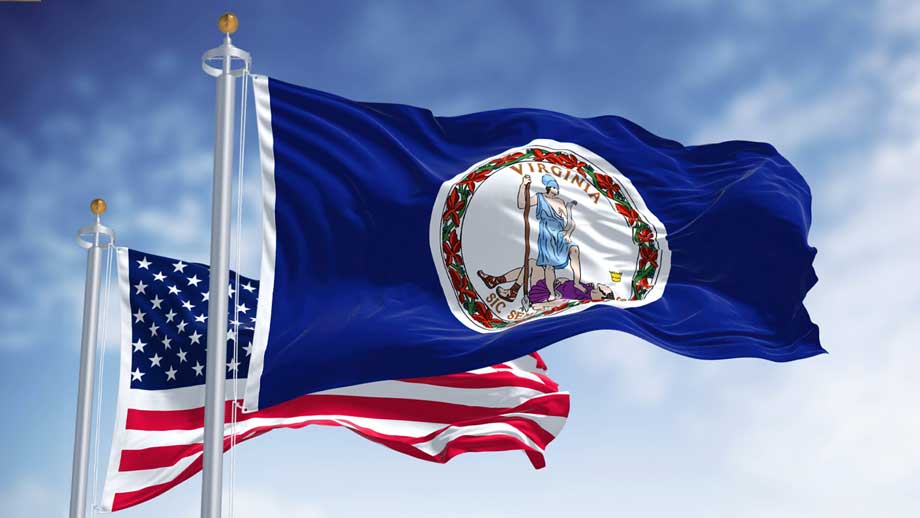Your Family Legacy: A Genealogy Study
What are you studying in history this fall? What would happen if you brought the history lessons a bit closer to home? Including family history in your homeschool day with a genealogy study can help engage reluctant learners, practice research skills, inspire creativity, and forge a connection to historical events and people that your students will never forget. Check out a few ways to begin a family legacy study of your own–however deep you want to dig!
You’re probably familiar with some of the most popular ancestry websites and databases advertised–resources for genealogy research have grown exponentially over the years, as components like DNA testing and online data sharing have become much easier and more accessible. But if you’re not looking to invest in memberships or wary of sharing genetic information, they can be overwhelming or off-putting. Check out this list of the eight best free genealogy websites from Lifewire. It includes national archives and a variety of resources more specific to different ethnic and cultural backgrounds. And don’t forget that even if you do begin by taking advantage of the numerous online resources available, your local library archives and historical society records are another invaluable resource that shouldn’t be overlooked!
Creating and researching your family tree is only the beginning–the framework of your genealogy study. The beauty is in the details, memorabilia and heirlooms, and most importantly, the stories. Knowing an ancestor’s name and birthday is not much different than simply memorizing historical figures and dates. Their real-life stories and adventures, accomplishments and struggles, dreams and contributions are what make the history real and relatable and worth remembering. This blog post outlines 20 reasons why you should write your family history.
Grandparents’ Day–coming up on September 8–is an excellent time to incorporate your family history into a fun, multi-generational project and get started writing that history down! One of the best things about this activity is that children of any age can participate by interviewing a grandparent (or any other older family member) and recording what they learn. If you choose to incorporate lessons in other subjects into your genealogy study, this is an excellent time for younger students to practice basic writing by writing the answers to the questions they ask, and for older students to practice creative writing by turning answers into stories. Learning background information for their stories by exploring the current events, music, and styles of the time–both with their interviewee and on their own–can help hone research skills as well.
Grandparents Day was declared a national day of celebration in 1978 by President Jimmy Carter in order “…to honor grandparents, to give grandparents an opportunity to show love for their children’s children, and to help children become aware of strength, information, and guidance older people can offer.” Get started with these 30 questions to ask your grandparents and make it more than an assignment by celebrating your family and your relationships. You might consider basing a Grandparents’ Day celebration or gathering around the grandparents answers to “favorite things” questions, like their favorite activities, places, food, and more.
Homeschool mom and genealogist, Stephanie Pitcher Fishman, shares the ways in which her family and social history studies have impacted her children beyond the immediate subject, and shares some tips for beginning a family history study of your own.








